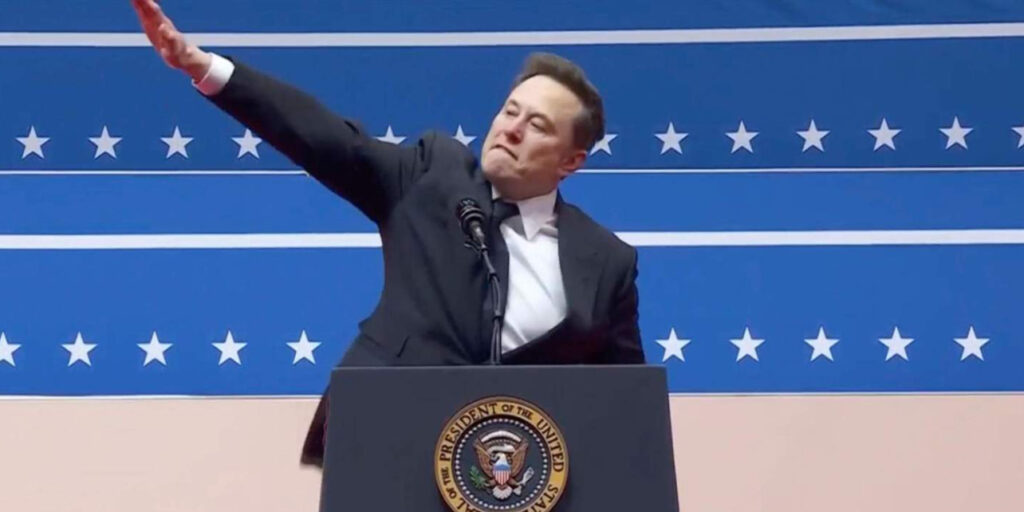Keir Starmer is pushing for stricter regulations to prevent foreign billionaires from influencing UK politics through donations, following growing concerns over political interference.
The move comes after tech mogul Elon Musk reportedly considered a $100 million donation to Reform UK, sparking fears that foreign money could sway British elections.
A recent parliamentary debate, triggered by a public petition with over 142,000 signatures, saw MPs from Labour, the Conservatives, the Liberal Democrats, and the DUP discussing loopholes that allow foreign individuals to fund UK political parties through registered companies.
Democracy Minister Rushanara Ali acknowledged that existing laws prohibiting foreign donations are no longer sufficient, given the evolving methods used to bypass restrictions.
She outlined potential new measures, including stricter background checks on donors and tighter controls on company donations.
However, the government made it clear that these measures would not extend to British donors. Some MPs, including Labour’s Bell Ribeiro-Addy, argued that excessive financial influence in politics is a wider issue, regardless of nationality.
She proposed capping individual and corporate donations at £100,000 per year, but Ali rejected any such restrictions, stating that political parties need the ability to raise funds to communicate their ideas.
The debate was largely overshadowed by Musk’s potential involvement in UK politics. While he has since distanced himself from Reform UK leader Nigel Farage, concerns remain about the role of foreign billionaires, particularly those in the tech industry. Labour MP Tom Hayes warned that figures such as Musk, Jeff Bezos, Mark Zuckerberg, and Bill Gates could use their wealth and digital platforms to manipulate elections.
MPs also raised alarms about political interference from Russia, China, and Iran. Several referenced a 2020 report from Parliament’s Intelligence and Security Committee, which highlighted links between Russian elites and UK political organisations.
Calls were made for the full release of the Westminster Russia Forum records and the unredacted version of the Russia report, which accused the Conservative government of failing to investigate Russian influence.
Meanwhile, past cases of Chinese and Iranian interference were also scrutinised, including MI5’s allegations that Christine Lee had channelled over £700,000 into Labour-affiliated organisations on behalf of the Chinese Communist Party.
Despite extensive discussions on foreign influence, no mention was made of donations and luxury hospitality received by British MPs from pro-Israel and Saudi Arabian lobby groups.
The 2024 Transparency International report highlighted concerns over MPs accepting lavish trips from Middle Eastern governments, describing such practices as a security and reputational risk to UK democracy.
The government is now under pressure to close loopholes that allow foreign money to enter UK politics while addressing wider concerns about financial influence in elections.
With public trust in political funding at stake, Starmer’s push for reform signals a growing demand for transparency and accountability in the UK’s democratic system.


